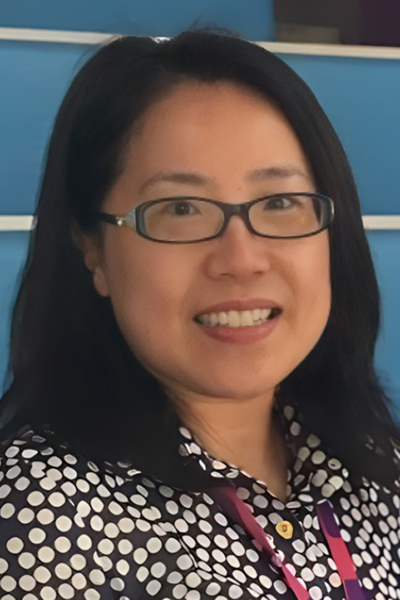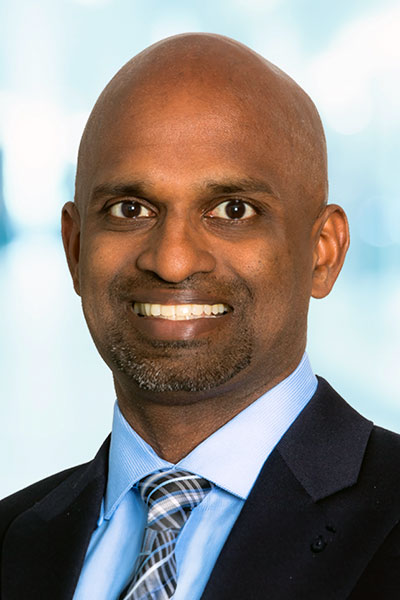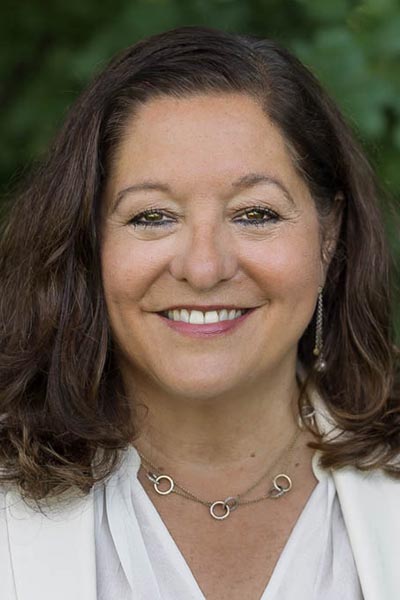A career in rheumatology isn’t always as straightforward as moving from fellowship to clinical practice. The field has winding paths that offer unique opportunities and possibilities, from academia to single-specialty private practice or even a multi-specialty group.

How to weigh the pros and cons when choosing a career trajectory isn’t addressed adequately in medical school, fellowships, clinical practice, or even in the medical industry, according to Amy H. Kao, MD, MPH, MS, EMD Serono Research & Development Institute, Inc. While some may have an idea of what their ideal career path is from day one, others need more time to navigate the way forward.
This was very much the case for several presenters who will be speaking in The Pivot: Career Transitions in Rheumatology on Sunday, Nov. 17, from 1–2:30 p.m. ET in Room 206 of the Walter E. Washington Convention Center. During this interactive session, audience members will have the opportunity to hear the personal stories of speakers who have made significant career changes.
“I am planning to share, with great detail, my life experience, as I’ve worked in multiple sectors,” said Rodney Daniel, MD, Bay Area Rheumatology. “I have worked as a hospitalist, in academic rheumatology, in a single-specialty private practice, in a multi-specialty group, and I’ve been part of a rheumatology supergroup. In time, I learned how to balance my work and my personal life. So, my intention is to share that wisdom.”

The overarching message of the session is to be unafraid to think outside the box in order to find a better work-life balance and joy in your practice.
“Hopefully attendees are more empowered to shape the trajectory of their employment or their practice than they think they are,” Dr. Daniel said. “A lot of times graduates come out of training and into the workforce thinking that they don’t have the ability to negotiate or to design, in terms of their employment or practice. They actually do have more power than they think.”
The session is also designed to help attendees understand what they want as they move forward in their lives, said Lisa Kaplin, PsyD, MS, a psychologist and life coach based in Illinois.
“I think sometimes we get caught in a mindset of, ‘This is the career I’ve been in for 40 years. There’s no way I could ever change careers,’” Dr. Kaplin said. “I hope attendees walk away with hope, and the possibilities of maybe some of the things they could do that would bring financial and emotional happiness into their lives.”

The forum will allow audience members to engage on a more personal level with the panelists and address any specific questions or concerns they may have.
“To really hear from people what it looks like to change careers — what was hard, what worked well, or little life hacks — is why I think it’s so beneficial,” Dr. Kaplin said. “And just being in person with people and feeling their energy and their motivation, I think it gives you a deeper understanding of the topic.”
Panelists will provide the audience with guidance and suggest ways to utilize self-reflection to make informed decisions about what they want from their own career paths.
“I hope that people will be willing to be more open-minded,” Dr. Kao said. “Open-mindedness is also a beyond-growth mindset. You have to be open to the possibilities. Otherwise, you just close your own doors.”
Neil Braunstein, MD, Optum, will round out the interactive panel.

Register Today for ACR Convergence 2024
If you haven’t registered for ACR Convergence 2024, register today to participate in this year’s premier rheumatology experience, November 14–19 in Washington, D.C. All registered participants receive on-demand access to scientific sessions after the meeting through October 31, 2025
